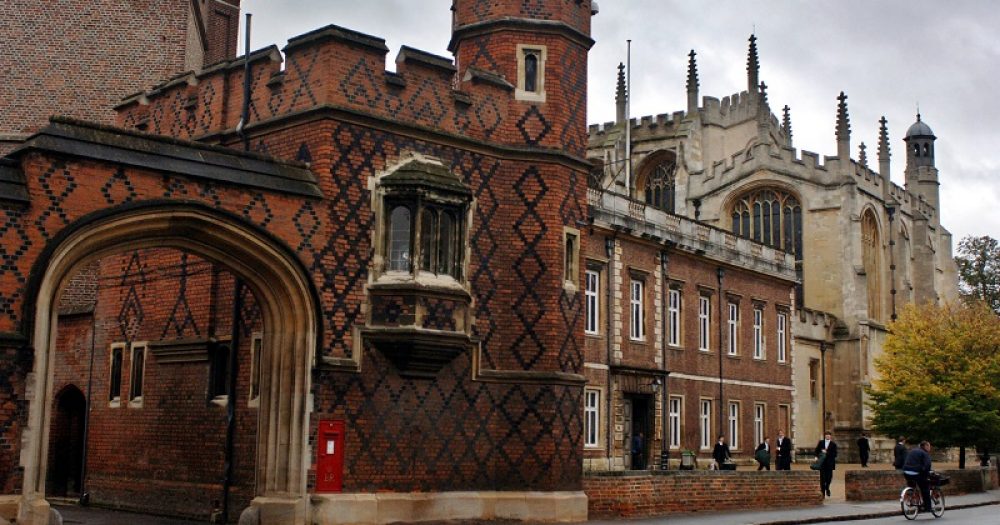The public school’s elitist reputation will be softened and some young people will benefit, but for Eton to invest in sixth forms for disadvantaged pupils is risky, writes Francis Green
News that Eton is partnering with Star Academies to sponsor three new, academically selective sixth-forms in the midlands and the north of England have been greeted with a mixture of approval and concern. Some children from disadvantaged families will feel their life chances have improved. But will there be losers as well as winners?
The new schools are to be modelled on the existing, highly-selective London Academy of Excellence, whose pupils achieve well. Eton says it is trying to shed its elitist image. Acknowledging its privileged position, it opened its facilities to key workers during the early emergency Covid lockdowns, and now it is extending its educational outreach.
Judging from the evidence, where children have been drafted into private school access schemes in the past they have done relatively well. The prime example is the Assisted Places Scheme under Mrs Thatcher, though this was mainly hijacked by the middle classes.
Also, those who go to grammar schools appear to do somewhat better than their peers who don’t quite make it past the 11-plus test. So maybe academic selection helps those who are selected a little, but the evidence is not decisive once their starting points are thoroughly taken into account.
How much of an effect the new ventures will have on their pupils will depend on the amount of money Eton puts in. On average, private schools devote at least three times the resources that are available for state school children, and for those at Eton the ratio is much higher. But we don’t know yet how much the new colleges will have to play with.
Academically-selective schools have a dampening effect on neighbouring schools
Each individual pupil will also benefit from having other bright pupils as their peers, but in all likelihood the value-added effects of the new colleges on their pupils, though positive, will be small. Expect to hear stories in a few years’ time of especially good A-level performances and top university access, but remember then that the point was to select high achievers to begin with.
This expectation of achievement hides the key problem with this sort of venture: it is risky, and I don’t mean from a financial perspective. Academically-selective schools have a dampening and potentially demoralising effect on neighbouring schools. Evidence tells us that the progress of children who are not selected is harmed somewhat by the presence of academically-selective schools in the area. I can’t see why it would be different in this case.
When eventually the ‘lucky’ locations for the three ventures are revealed and approved, headteachers in some nearby schools may be justifiably worried. To counter the potential harm in these areas, Eton could be doing more good if the new colleges were required to be no more academically selective than neighbouring schools and sixth-form colleges. They could then use means-testing as their primary or sole selection criterion. That would of course require careful calibration and monitoring, but experience suggests this is quite feasible.
If nothing else, Eton and Star Academies would do well to sponsor an independent evaluation of the overall impact on the localities they are hoping to help. Perhaps they could even team up with the relevant local authorities for this.
Taken in the round, the news helps to soften the elitist reputation of Eton. But in the large scheme of things these and similar sponsorships are far too small to noticeably level up the differences in our segmented school system. Last year, only 25 private schools (1 per cent of all private schools) went in for any sponsorship of state schools. And we can reasonably wonder what funds and resources were devoted to many of these relationships – such facts are never transparent when claims of public benefit are made.
It is very unlikely that many other schools will follow suit, if we remember that Eton is the richest of them all. It has net assets in excess of £450 million and an income of nearly £58,000 for every pupil. Most other schools thinking of following suit with big money would have to request their fee-paying parents to foot the bill, which seems an unlikely ask.








Your thoughts